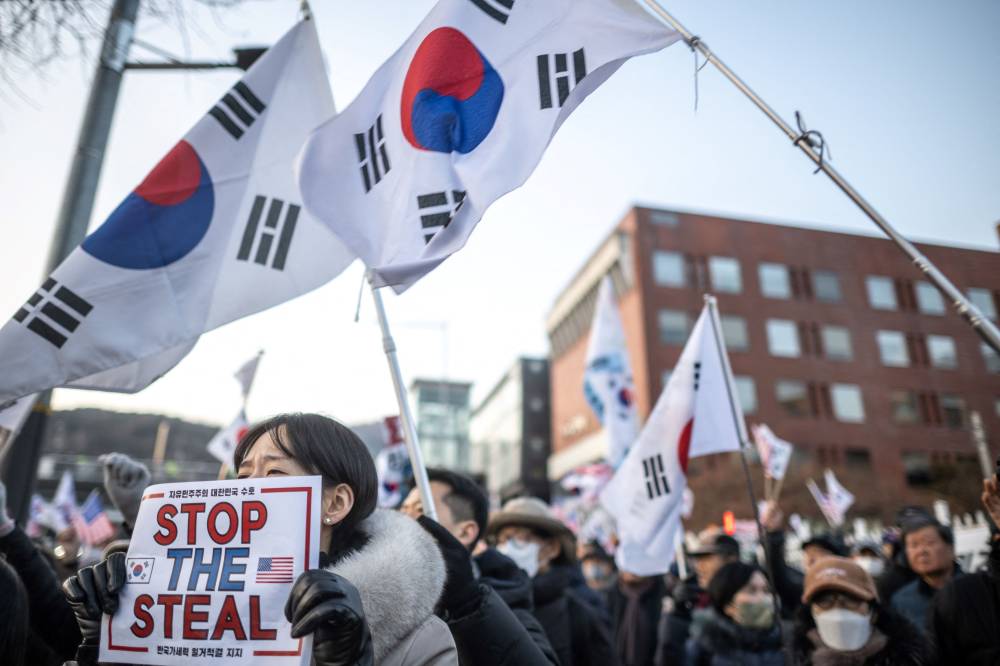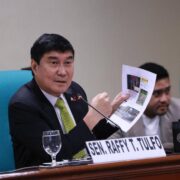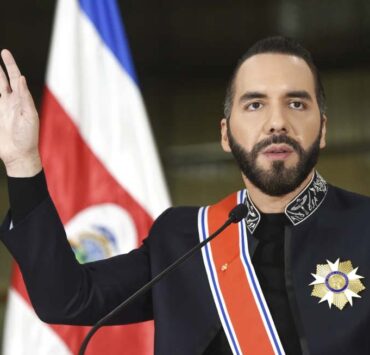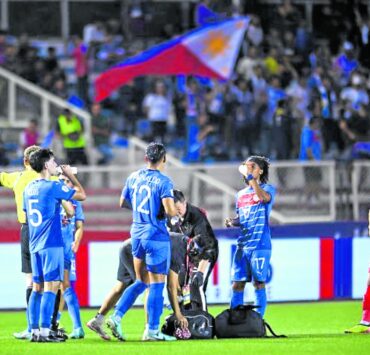South Korea’s Yoon resists arrest

SEOUL—Impeached South Korean President Yoon Suk-yeol was resisting arrest for a third day on Thursday after vowing to “fight” authorities seeking to question him over his failed martial law bid.
The embattled leader issued the bungled declaration on Dec. 3 that led to his impeachment and has left him facing arrest, imprisonment or, at worst, the death penalty.
Supporters and opponents of Yoon have since camped outside his presidential residence, while members of his security team have blocked attempted police raids in a dramatic standoff.
Yoon has gone to ground but remained unrepentant as the crisis has rolled on, issuing a defiant message to his base days before a warrant expires on Jan. 6.
“The Republic of Korea is currently in danger due to internal and external forces threatening its sovereignty, and the activities of antistate elements,” he said in a statement passed around to protesters, his lawyer Yoon Kab-keun confirmed to AFP.
“I vow to fight alongside you to the very end to protect this nation,” he added, saying he was watching the hundreds-strong protest Wednesday evening on a YouTube live stream.
The impeached leader remains in the capital Seoul, the lawyer confirmed to AFP.
Opposition lawmakers were quick to condemn Yoon’s message as inflammatory, with Democratic Party spokesperson Jo Seoung-lae calling him “delusional” and accusing him of trying to incite clashes.
Injunction
Yoon’s legal team has filed for an injunction to block the warrant and claimed Wednesday that the arrest order was “an unlawful and invalid act.”
But Corruption Investigation Office chief Oh Dong-woon warned that anyone trying to block authorities from arresting Yoon could themselves face prosecution.
South Korean officials have previously failed to execute arrest warrants for lawmakers—in 2000 and 2004—due to party members and supporters blocking police for the seven-day period the warrant was valid.
Discussions between prosecutors and police are taking place in the background of a political crisis that initially saw the country briefly lurch back to the dark days of military rule.
But the martial law order—which he said was aimed at eliminating “anti-state elements”—only lasted a few hours.
Heavily armed troops stormed the building, but Yoon was quickly forced into a U-turn after a night of protests.
AFP is one of the world's three major news agencies, and the only European one. Its mission is to provide rapid, comprehensive, impartial and verified coverage of the news and issues that shape our daily lives.

















